Sikhism, added to the dignity and prestige of common men. It is the common people who are the inheritors of sovereignty. What better example could there be than the one in which the Guru bestowed temporal sovereignty on the common people, and trained them in statecraft. Guru Gobind Singh’s four sons were alive when he founded and made the Khalsa his Guru. The institution of personal guruship was ended by him. He vested temporal power in the Khalsa and spiritual power in the Guru Granth Sahib. The Khalsa became the repository and wielder of secular power. Guru Gobind Singh proclaimed and asserted openly the supremacy of people and held the view that the ultimate power resided in them. The Guru bowed before the authority of sangat and gave it precedence over himself: "If the Guru counted for twenty, the sangat counted for twenty-one". He founded spiritual democracy and democratic socialism wherein all were treated equally. Sikhism in essence is a Monoeistic way of life, with the one omni present, living god functioning as a self-menifestation.
Analytical Study of Sikh Philosophy
In stock
Free & Quick Delivery Worldwide
reviews
Bibliographic information
Title
Analytical Study of Sikh Philosophy
Author
Edition
1st ed.
Publisher
ISBN
8171697062
Length
xii+371p., Bibliography; Index; 26cm.
Subjects

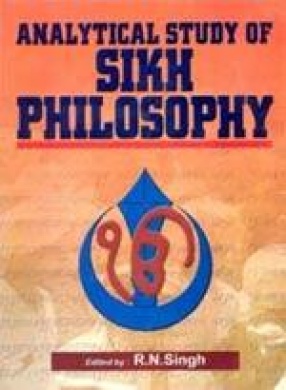
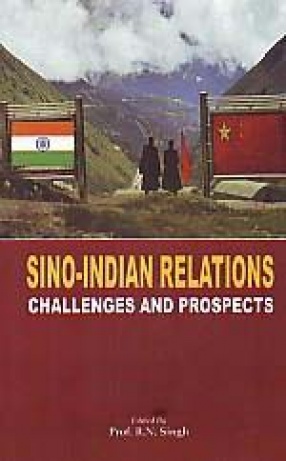

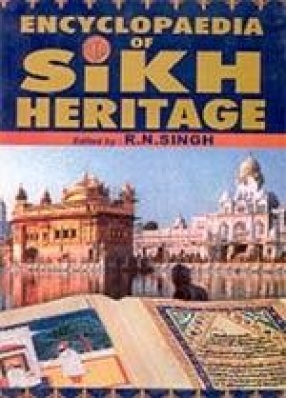
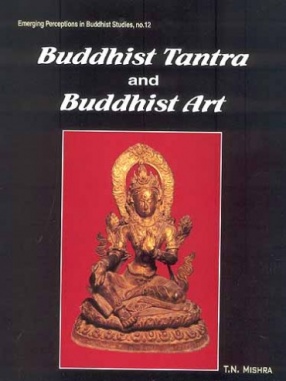

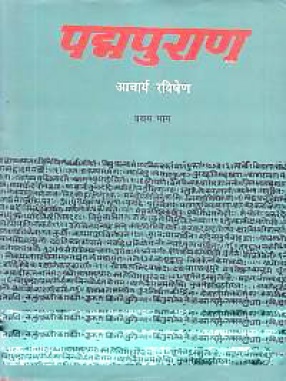
There are no reviews yet.